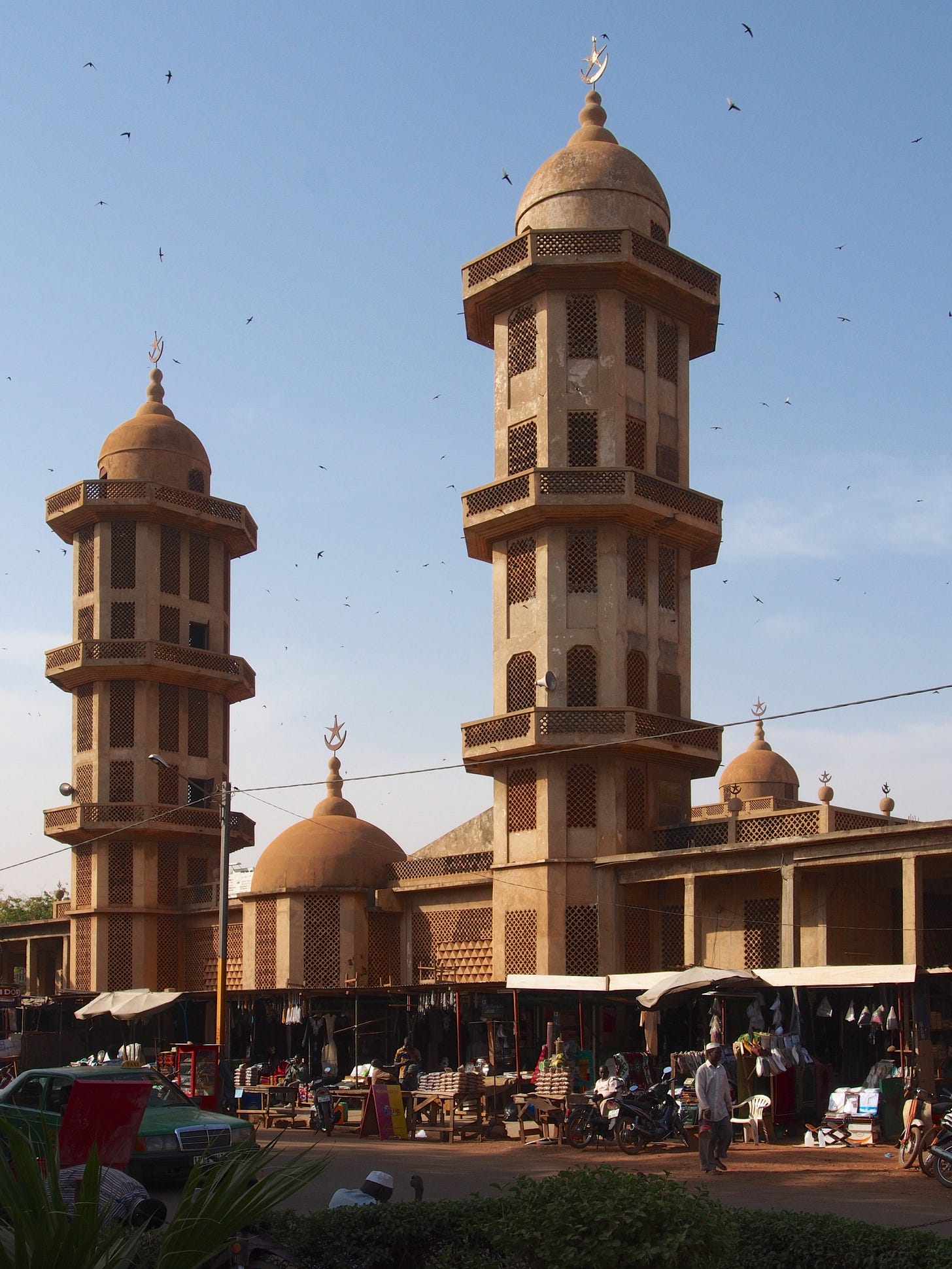Good morning from… can you guess where? (Answer at the bottom!)
Boiler Room, Bankroll Room: Why Ethiopia’s Underground Scene Needs More Than Just a Viral Set
If there’s one DJ set you should check out today, it’s Ethiopia’s Boiler Room (see above).
Its first-ever set in Addis Ababa proved Ethiopiyawi Electronic is no side show: Ethiopian Records pulled local legends and traditional Azmari players into one hypnotic, roots-forward broadcast. Boiler Room covered that single night, but once the cameras packed up, the scene was back to its usual hustle: passion rich, cash poor.
What the community needs now, according to Ethiopian Records, is straightforward: stable, strings-free funding for rehearsal space, studio gear, and touring visas. Ethiopian Records is building Godjo Studios to give producers a permanent home, yet laptops, mixers, and rent don’t pay themselves. Streaming pennies won’t cut it, so the quickest way to help is to buy music, merch, or Patreon memberships directly from the artists. Festivals and brands that loved the Boiler Room hype can step up, too, by swapping one-off logo placements for year-round residencies and recording budgets.
Every dollar that lands in Addis keeps the music rooted where it was born and lets the next wave of producers stay experimental instead of chasing overseas trends. Boiler Room lit the fuse; now it’s time to fund the fireworks.
Billboard Launches Billboard Africa
Billboard just christened its brand-new Billboard Africa vertical by rolling out an honor roll of 11 continent-shaping artists – from Miriam Makeba, the 1966 Grammy trailblazer, to Tems, now the first African-born woman with a stake in Major League Soccer. The list reads like a highlight reel of half a century of “firsts”: Hugh Masekela’s 1968 Hot 100 No. 1, Davido’s World Cup set in Qatar, Burna Boy’s sold-out takeover of NYC’s Citi Field, Tyla’s inaugural Grammy for Best African Music Performance, and Aya Nakamura’s billion-view YouTube Club for “Djadja.”
Rema, CKay, Uncle Waffles, and Black Coffee also clock in with record-smashing streams, festival debuts, and Madison Square Garden sell-outs, proof that Afrobeats, Amapiano, and South African house aren’t riding a wave; they’re making the tide.
Missing from the celebration, however, is Wizkid (one of Afrobeats’ global poster boys) whose absence has already ignited stan-wars on X. Billboard hasn’t explained the snub, but if you’d like to take a closer look at the list, check it out here.
“Perfect Dark Skin?” Fashion’s Fetish for South Sudanese Models

South Sudanese women are ruling the runways (Adut Akech, Anok Yai, newcomer Arop Akol, the list goes on) but the industry’s applause doesn’t sit quite right with us. Casting directors gush about “the melanin,” “the perfect dark skin,” and “the height,” and yes, South Sudan has produced a wave of resilient talent, but the constant singling-out of their complexions and bone structure reduces them (we feel) to exotic skinsuits.
Case in point? This BBC article right here.
Maybe we celebrate the success, but drop the cringe catalog-speak? What do you think?
Food for Thought
“An old person has eaten a lot of wisdom.”
— Ivory Coast Proverb
And the Answer is…
The photo is of the Grand Mosque in Ouagadougou, Burkina Faso! You can also send in your own photos, alongside the location, and we’ll do our best to feature them.






about Sudanese models: exploiting people (or ressources, like gold) from war-shaken Sudan for little money is highly questionable. Gold prices have never been so high and one of the biggest gold exporters is Southern Sudan. Beauty and so-called resilience might be another cheap export commodity to maximize profits in the industy.